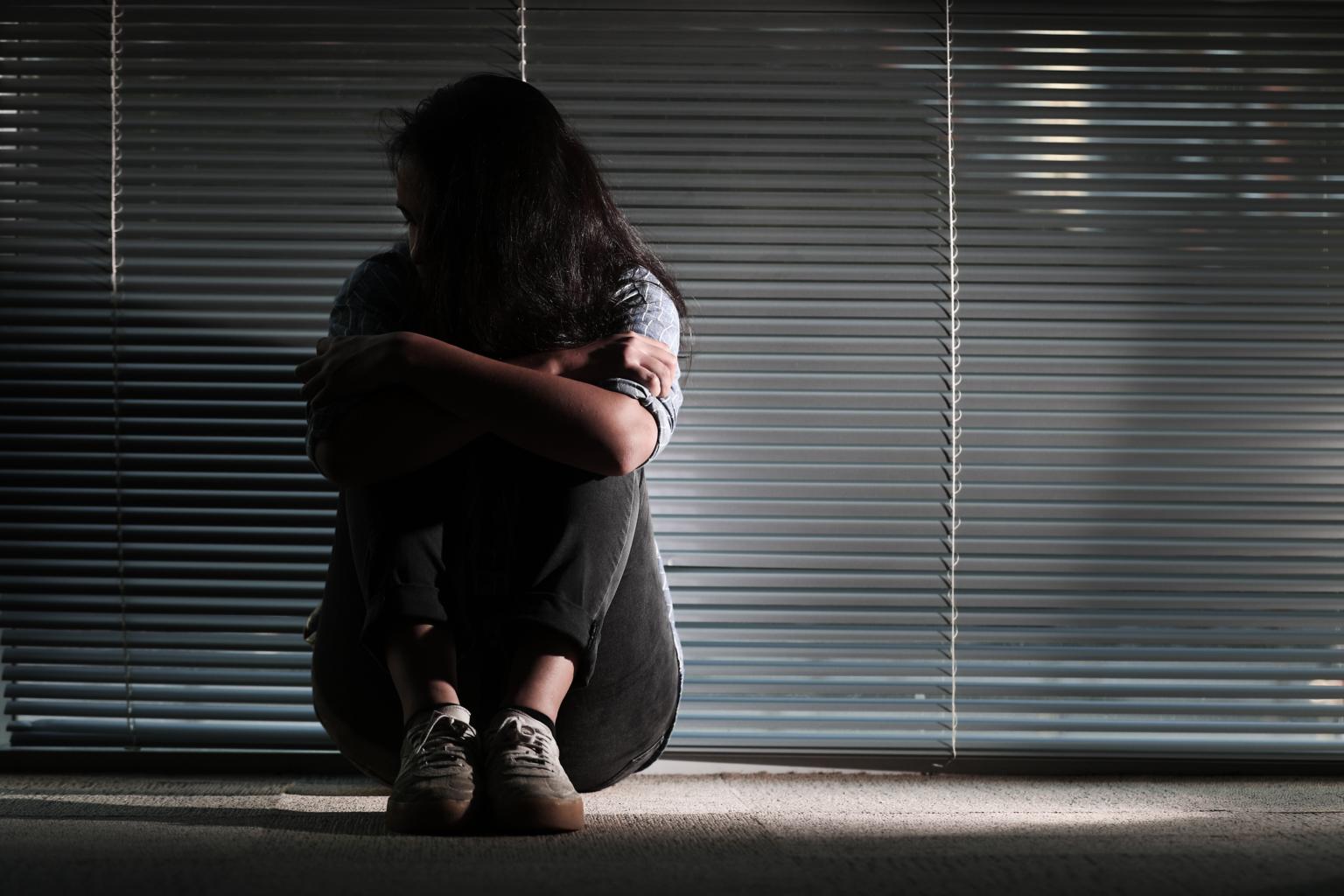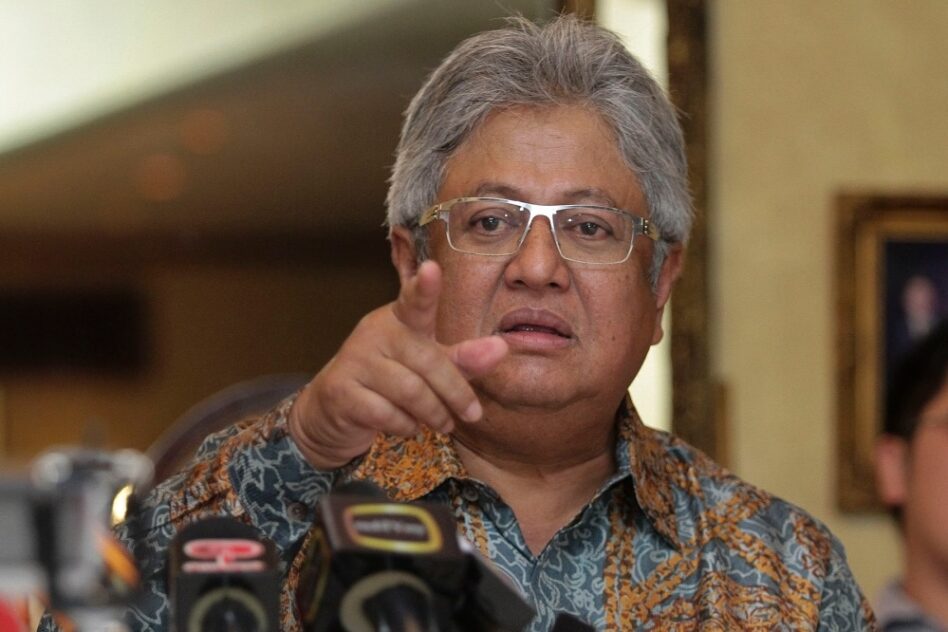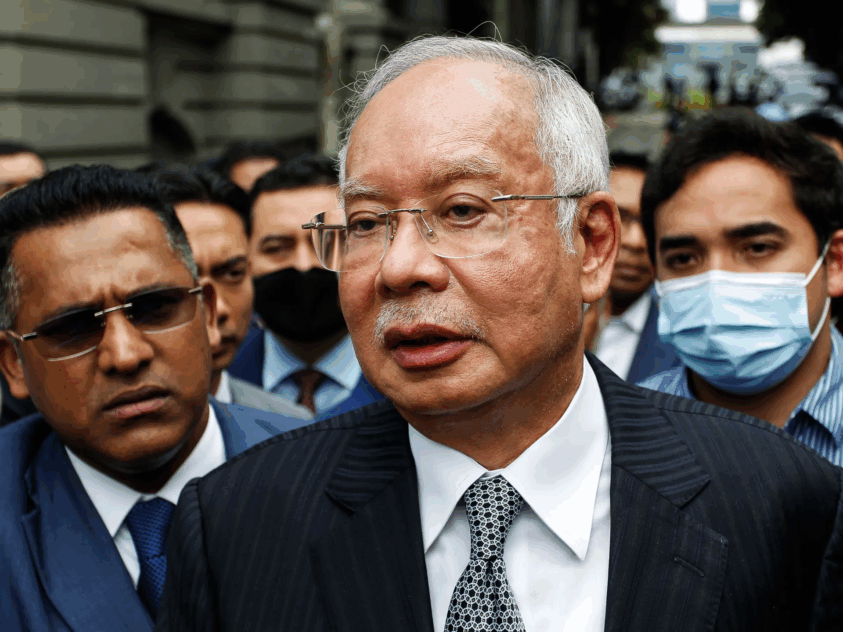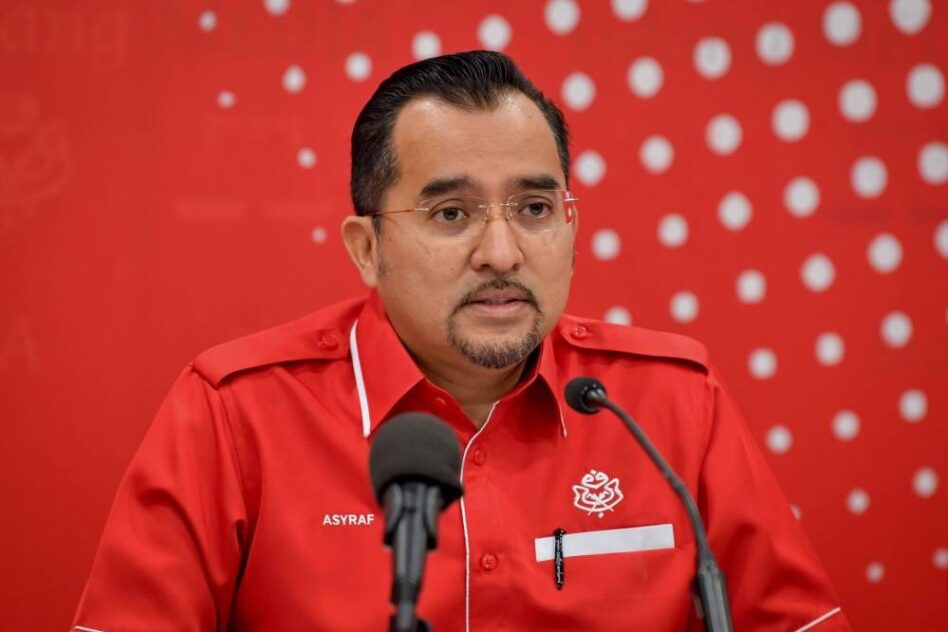THE disturbing rise of incest and child sexual abuse cases in Kelantan is not just about failed laws or absent school content—it is a moral and institutional collapse, one that reflects the state’s refusal to confront the very ideologies, power structures, and institutional silences that allow abuse to thrive.
Key facts:
- According to Kelantan police chief Datuk Mohd Yusoff Mamat, 252 cases of rape and incest were reported in the state from January to April 2024, compared to 206 in the same period in 2023—an increase of 22.3%. (The Star, April 9, 2024)
- In 2023 alone, Kelantan recorded 56 cases of incest—the highest in Malaysia. (The Star, April 2024)
- Victims include children as young as 10, with many cases involving abuse by family members.
- Many such crimes go unreported due to fear, shame, social stigma, or lack of awareness about legal rights and available protection mechanisms.
- Malaysia does not currently have a stand-alone subject for Comprehensive Sexuality Education (CSE); related topics are only taught in fragments under the PEERS module (Pendidikan Kesihatan Reproduktif dan Sosial), embedded within Science or Moral Education subjects. (ARROW, 2019; ResearchGate, 2019)
And yet, where is the national outrage on these?
After the headlines fade, silence returns
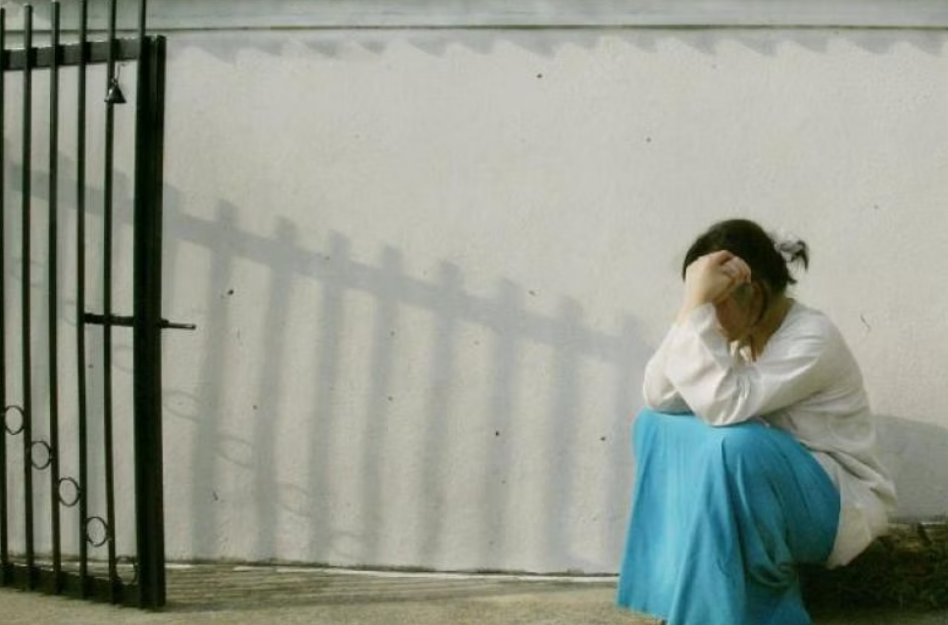
We’ve seen this cycle before: the shocking headlines, the media interviews, the statements from politicians—then silence. Outrage is temporary. The victims remain.
Politicians often play saviour only when asked, not when it matters. Their statements are reactive, not transformative. Where is the proactive leadership? Where is the accountability?
Why do we only hear from decision-makers after media pressure builds, and not when victims are struggling silently in communities governed by shame, silence, and fear?
Delegating abuse to families: A culture of abandonment
When abuse happens, responsibility is deflected—to parents, to families, to vague calls for “better morality”.
State leaders repeat the same script: “We need stronger family values.” But what about state responsibility? What about the systems that failed to prevent this abuse in the first place? What happens when the abuse is happening inside the family? Where is the protection then?
This ideological obsession with “moral decay” distracts from the real crisis—a state that polices skirts and concerts more than it protects children.
Where are our institutions? Where is the Children’s Commissioner?
We must ask: Where is SUHAKAM? Where is the Office of the Children’s Commissioner?
The mandate to uphold human rights and child protection must go beyond press statements and conferences. It must translate into visible, vocal, consistent action—especially in the face of systemic abuse.
The current Children’s Commissioner under SUHAKAM lacks independence, resources, and public visibility. Civil society groups have long demanded the establishment of a fully independent Children’s Commission, and we stand in full support of that call.
This is not just a bureaucratic upgrade—it is about building a mechanism with teeth, capable of acting without fear or favour, even when state narratives are uncomfortable.
Is this what our National Policy on Women (Dasar Wanita Negara) stands for?
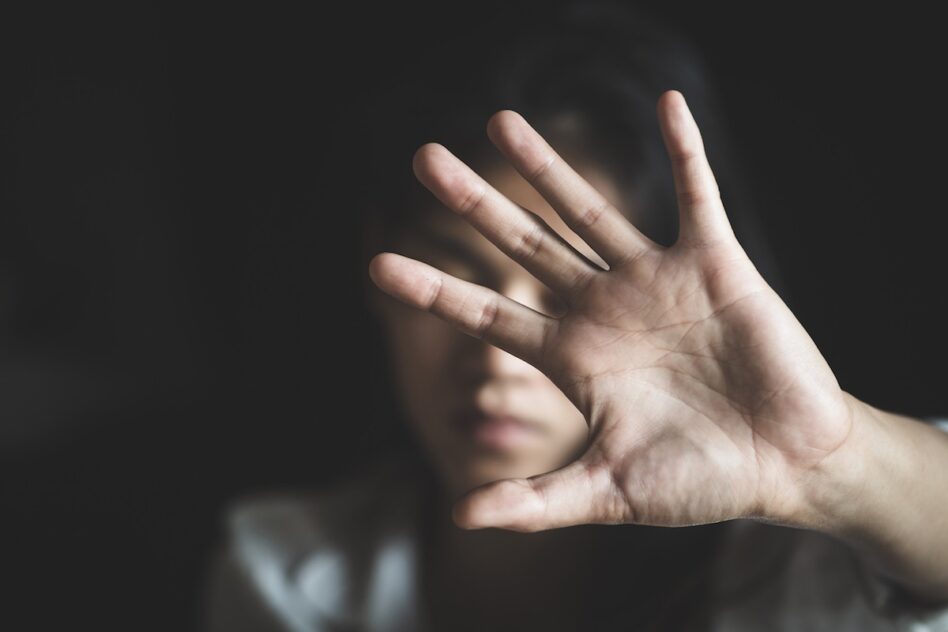
Further questions to be answered is: How does this national failure align with the principles of the Dasar Wanita Negara, which pledges to protect women and girls from violence, empower their participation in society, and promote gender justice?
Where is the monitoring of implementation? Where is the alignment across ministries and states? Why are girls in Kelantan being raped while policy sits on paper?
The failure is ideological, institutional, and cultural.
This is not just a policy gap. It is a symptom of a deeper ideological problem—a society that rewards silence, delegitimises knowledge, and sees morality as control rather than compassion.
- A society that withholds knowledge from children and abandons them to silence is not moral.
- A state that responds to abuse with lectures on modesty is not just.
- An education system that never teaches consent is not protective—it is complicit.
A serious national reckoning—not just a curriculum fix, but a total restructuring of how we think about protection, power, and justice.
We should not let this issue disappear with the news cycle: Answers—not performance. Reform—not deflection.
We stand with all civil society actors pushing for structural change, including the creation of an independent Children’s Commission, free from political control, and accountable only to the best interests of children. – April 18, 2025
Sisters in Islam is a non-governmental organisation working towards advancing the rights of Muslim women in Malaysia within the framework of Islam, universal human rights principles, constitutional guarantees, as well as the lived realities and experiences of women.
The views expressed are solely of the author and do not necessarily reflect those of Focus Malaysia.
Main image: The Straits Times


